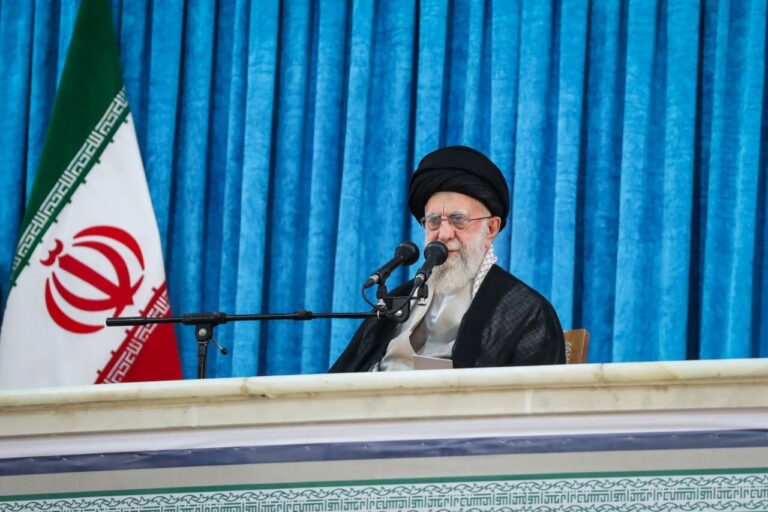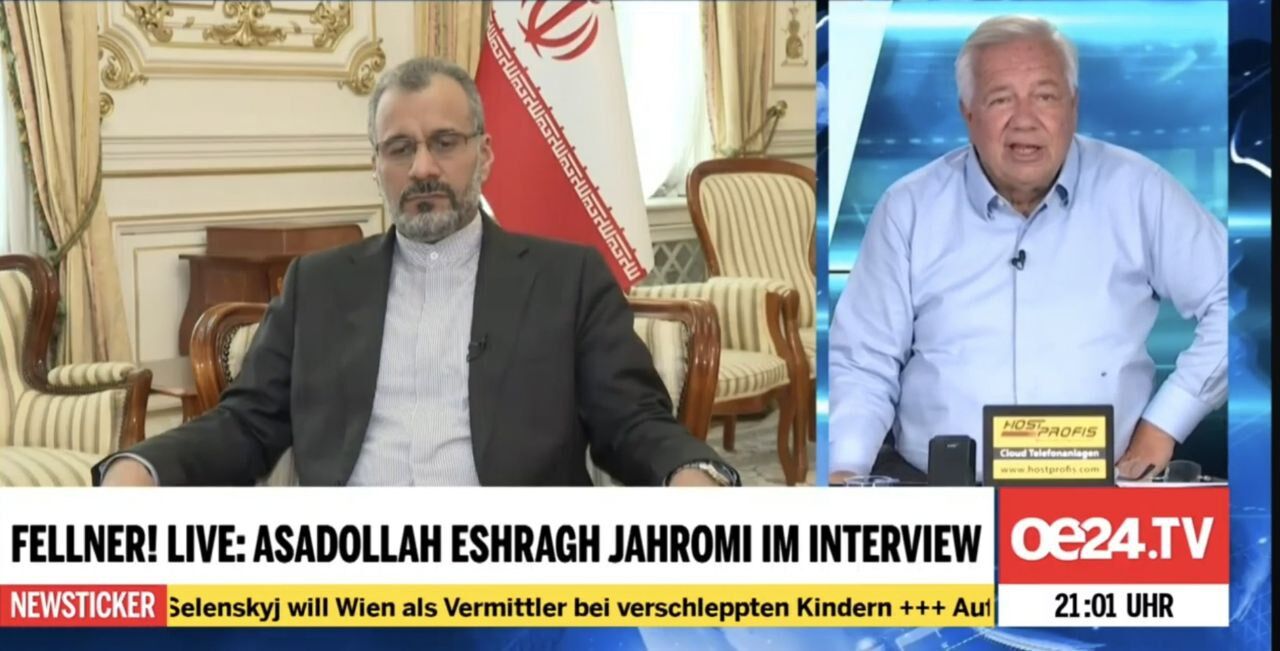
Similar Posts
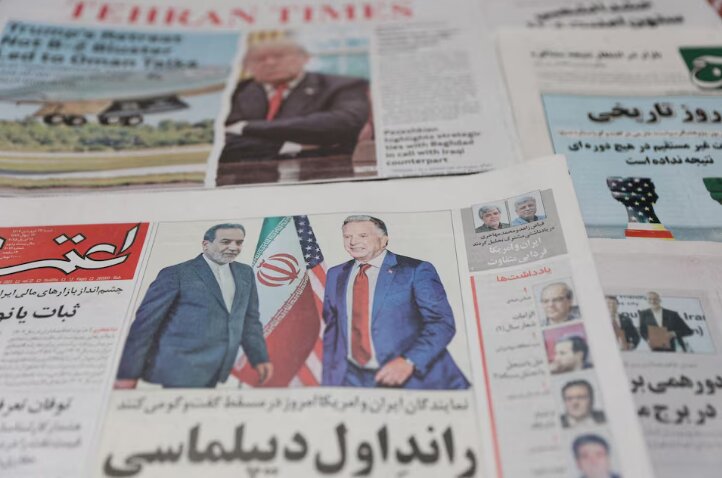
Global Reactions to Iran-US Talks in Oman: What the World is Saying
On Saturday, Iranian and American delegations commenced indirect talks in Oman, mediated by the Omani foreign minister, marking a significant step towards easing long-standing tensions. The discussions lasted over two hours, after which representatives briefly interacted. Iranian Foreign Minister Abbas Araghchi described the atmosphere as productive and expressed eagerness for continued dialogue. American officials, including President Trump, echoed these sentiments, highlighting the constructive nature of the talks. Regional governments, including those from Jordan, Egypt, and Saudi Arabia, welcomed the negotiations, emphasizing the importance of diplomacy in resolving disputes. The international community is closely monitoring these developments for potential implications on regional stability.
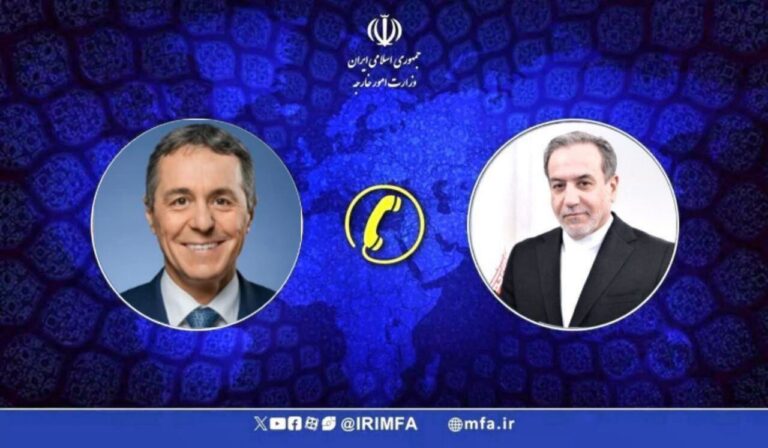
Swiss and Pakistani Foreign Ministers Celebrate Breakthroughs in Iran-U.S. Negotiations During Talks with Araqchi
Iranian Foreign Minister Abbas Araqchi held productive talks with his Swiss and Pakistani counterparts about bilateral issues and the Iran-U.S. negotiations. Araqchi, in discussions with Swiss Foreign Minister Ignazio Cassis, expressed appreciation for Switzerland’s role in past nuclear negotiations and provided updates on ongoing talks. Cassis welcomed the dialogue, while Pakistani Foreign Minister Muhammad Ishaq Dar expressed optimism that these discussions would enhance regional peace and security. The conversations highlighted the importance of diplomatic engagement and collaboration among Muslim nations to address complex international relations and promote stability in the region.
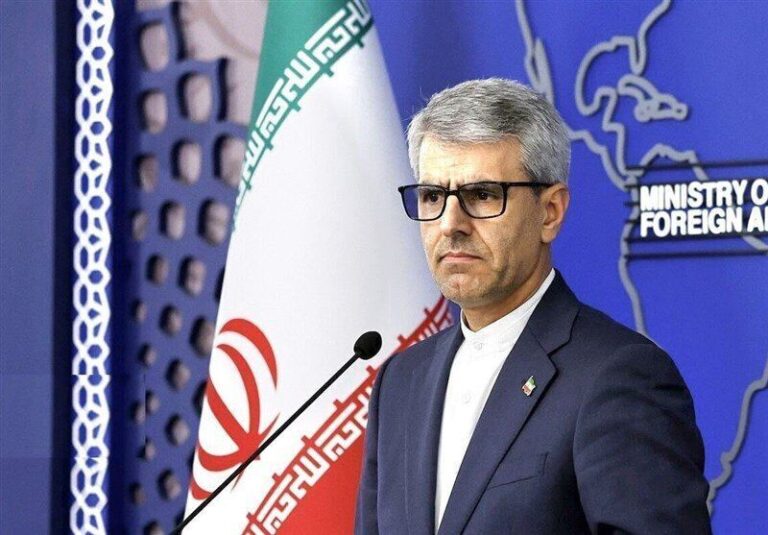
Iran Denounces US Actions Against Cuba: A Bold Stand in International Relations
Iranian Foreign Ministry spokesman Esmail Baghaei condemned the U.S. classification of Cuba as “a so-called state sponsor of terrorism,” calling it baseless and unjustified. He argued that such unilateral actions undermine international law, serve as a pretext for unfair sanctions on independent nations, and threaten human rights and legal governance. Baghaei emphasized the need for a united global response to counter these moves, warning that they promote lawbreaking and erode the rule of law internationally. His statements reflect broader concerns about the implications of unilateral designations on global governance and human rights.
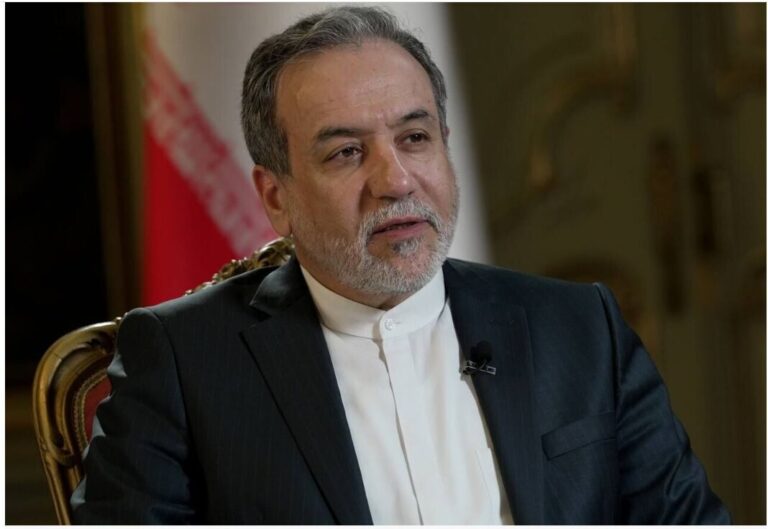
Araqchi Expresses Sympathy for Victims of Shahid Rajaee Port Blast in Iran
A tragic explosion at Shahid Rajaee Port in Bandar Abbas, Iran, resulted in at least 40 fatalities and over 900 injuries. Iranian Foreign Minister Abbas Araqchi expressed condolences to the victims’ families and wished for the recovery of the injured. He also thanked foreign governments and international organizations for their support during this difficult time. The explosion, caused by a fuel tanker, is under investigation. Mohammad Eslami, head of the Atomic Energy Organization of Iran, also extended condolences. As the situation evolves, efforts are focused on aiding the victims and their families.
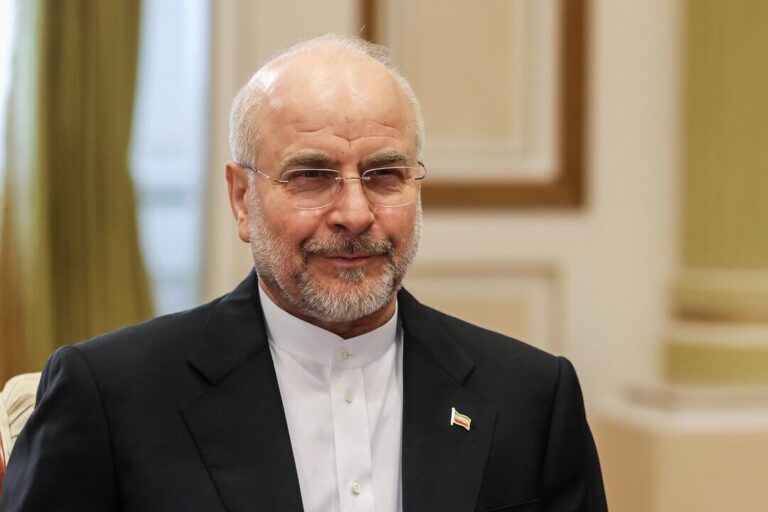
Iran Backs Consensus Solutions for Lebanon, Says Speaker
Iran’s support for Lebanon remains significant in regional politics, highlighted by Parliament Speaker Mohammad Baqer Qalibaf’s recent visit to Beirut for the funeral of Hezbollah leaders. Qalibaf affirmed Iran’s backing for consensus among Lebanon’s government, parliament, and resistance groups, while praising the country’s resilience against Israeli occupation. He noted the restored security in southern Lebanon. Other Iranian officials, including Foreign Minister Abbas Araqchi, emphasized the continuity of the resistance against Israeli forces. The funeral drew hundreds of thousands of mourners, showcasing the solidarity between Iran and Lebanon in their ongoing commitment to resistance against external threats.
